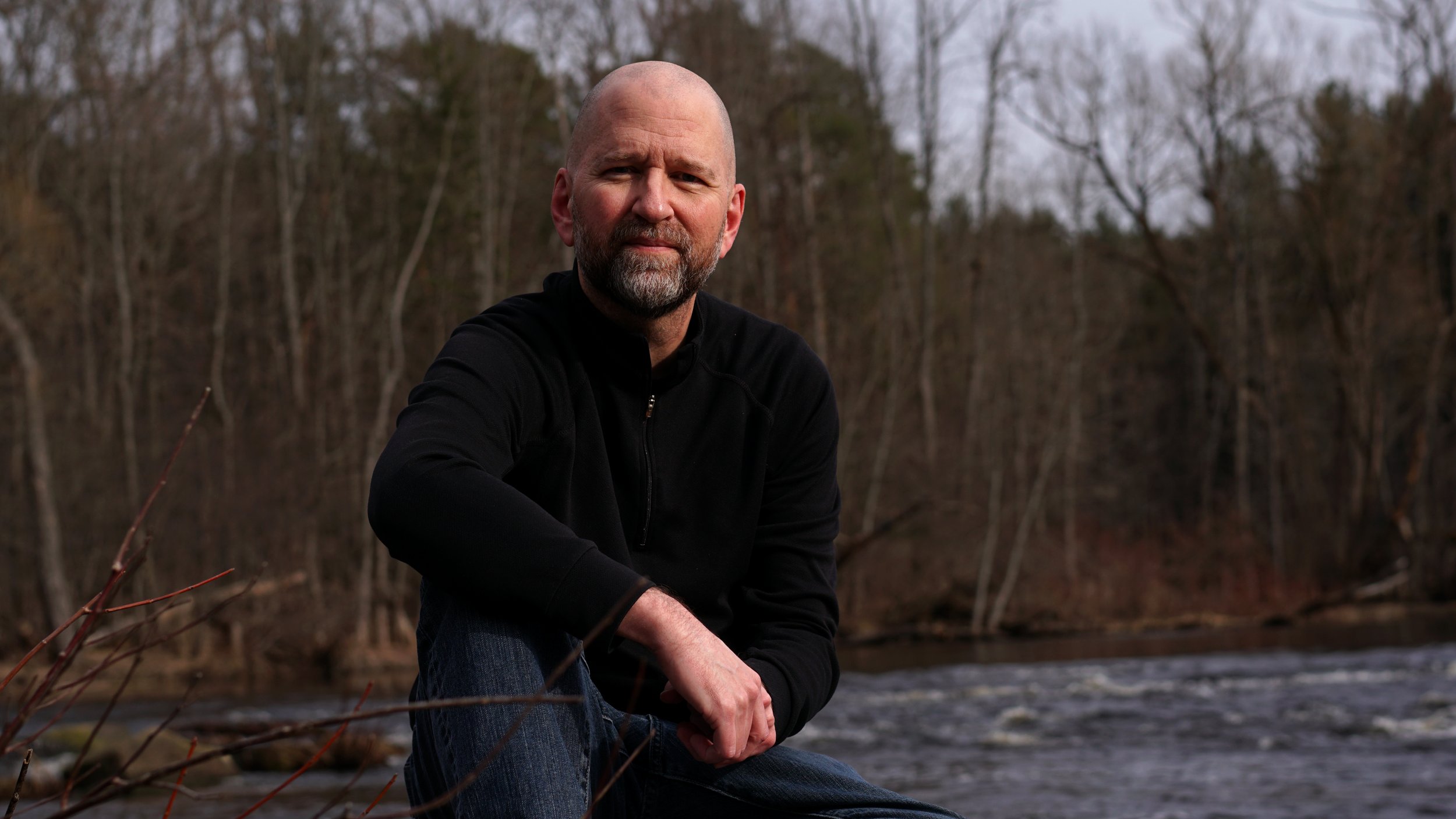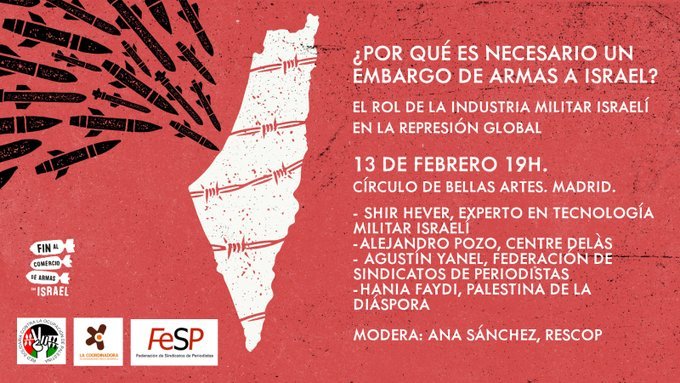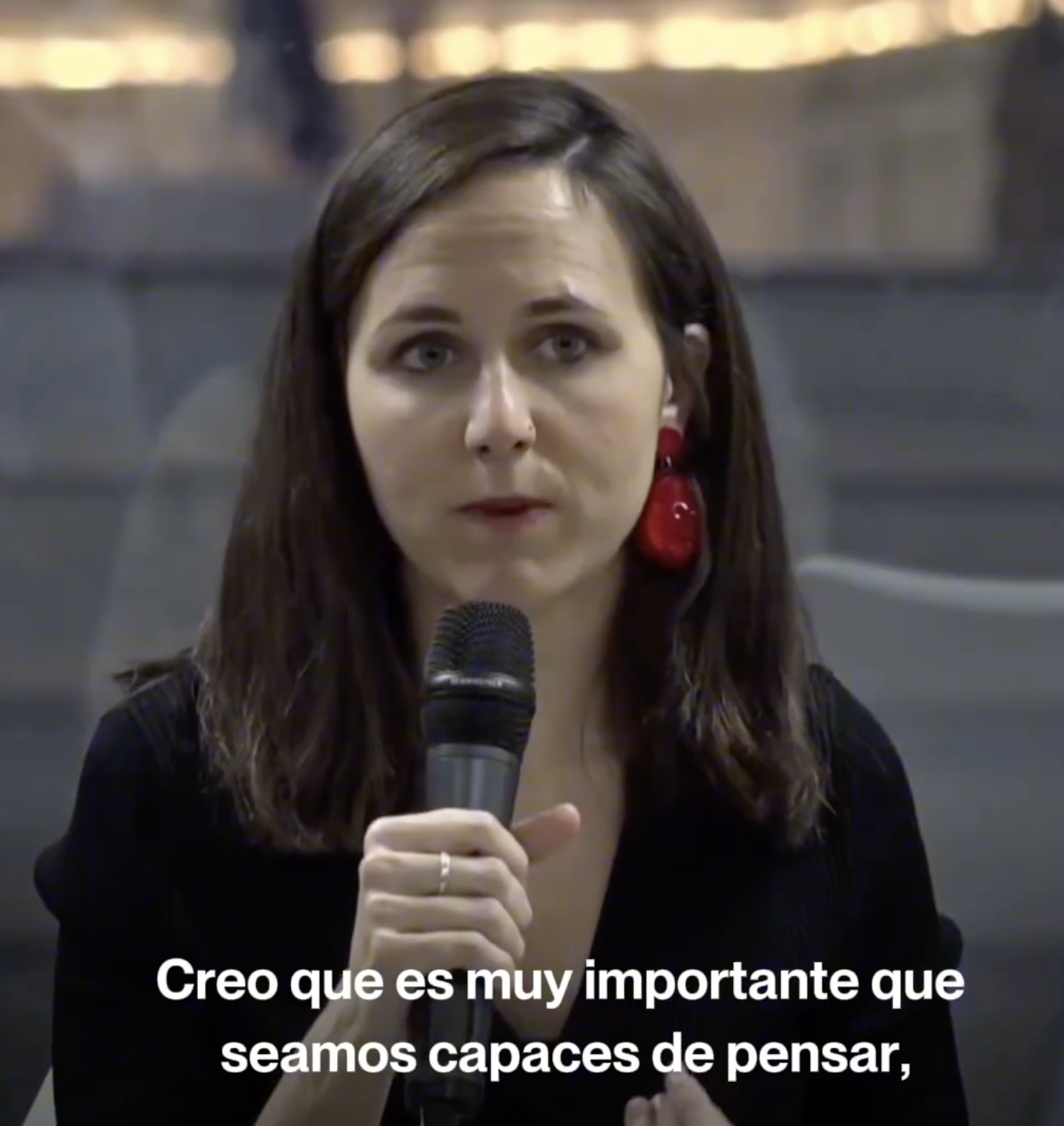JOHN COLLINS

Dr. John Collins (he/him) is a founder of Weave News and is currently serving as Editorial Director. In addition to Weave News, he has written for outlets such as Truthout, La Marea, PopMatters, Washington Post, and a range of scholarly journals.
On Bluesky and Insta: @djleftover
Contributions
On a day when Donald Trump, surrounded by tech titans such as Elon Musk and Jeff Bezos, was inaugurated for the second time, a group of determined residents in northern New York took to the streets seeking to re-energize the struggle against oligarchy and predatory capitalism.
John Collins and Derek Sherrange report from Madrid, Spain, where students are turning up the heat on universities that remain complicit in the ongoing genocide in Gaza.
To learn more about the first encampment in Valencia, I reached out to Dr. Jorge Ramos Tolosa, who teaches contemporary history at UV. In addition to his scholarship and teaching, he is a longtime activist with BDS Valencia and the Red Solidaria contra la Ocupación de Palestina (RESCOP), a network of Spanish organizations working in solidarity with Palestine.
On an ordinary Wednesday morning in the calm, well-to-do Chamberi district of Madrid, a group of about 150 Spaniards stood on the street corner opposite a large cultural center, with riot police watching on intently, and chanted:
“Murderers! Murderers! Shame! Shame!”
On March 3, more than 100 people showed up in Madrid, Spain, to hear a first-hand report from Manal Tamimi, a Palestinian activist whose family has been at the center of resistance efforts in the West Bank village of Nabi Saleh. In a talk that was both moving and sobering, Tamimi spoke passionately about the ongoing struggle of West Bank Palestinians at a time when the Israeli state’s machinery of violence appears to be more emboldened than ever thanks to the active and passive support of governments the world over.
On December 29, 2023, South Africa brought a case against Israel before the International Court of Justice (ICJ) in The Hague, arguing that Israel was committing genocide against the Palestinian population in Gaza. On January 11-12, 2024, the ICJ held public hearings on South Africa’s request for provisional measures of protection for the people of Gaza and eventually ruled that Israel was responsible for taking all necessary measures to prevent “acts of genocide” in Gaza. The ongoing ICJ case has been the subject of significant debate. To explore the issue further, I reached out to Dr. Somdeep Sen, a frequent Weave News contributor and a professor at Roskilde University.
How can international governments justify continuing to maintain arms sales to and from Israel at a time when Israel is actively carrying out a genocide in Gaza? And what will it take in order to change this intolerable reality? These were the central questions animating a panel discussion held recently in Spain, where grassroots pressure for an arms embargo on Israel continues to grow.
I woke up this morning in Malaga with the knowledge that today was an important day in Spain: a day of nationwide demonstrations calling for an end to Israel’s genocidal assault on Gaza. At a time when European leaders continue to fail to meet their basic moral obligations vis-a-vis the Palestinian people, more than 70 Spanish cities from Alacant and Albacete to Zamora and Zaragoza were scheduled to host actions under the common banner of stopping the genocide, ending arms sales to Israel, and cutting off diplomatic relations with the apartheid state.
s part of my commitment to bringing justice-oriented voices from Spain to a broader audience, especially in the context of the ongoing struggle for justice in Palestine, I am providing this English translation of remarks made by Ione Belarra, leader of the leftist Podemos party and Minister of Social Rights in the Spanish government between 2021 and 2023. Belarra spoke at a Podemos-organized event at the Circulo de Bellas Artes in Madrid marking 76 years since the beginning of the Palestinian Nakba.










As Donald Trump’s victory in the 2024 US elections continues to reverberate both domestically and internationally, it is essential to confront the complex web of authoritarian politics, resurgent racism and nativism, technological power, and so-called “anarcho-capitalism” that the second Trump administration is bringing into public view. In this context, many observers have noted that key figures such as Elon Musk and Peter Thiel have deep roots in South Africa, suggesting that their influence on this new wave of authoritarianism may represent a new chapter in the story of South African apartheid.